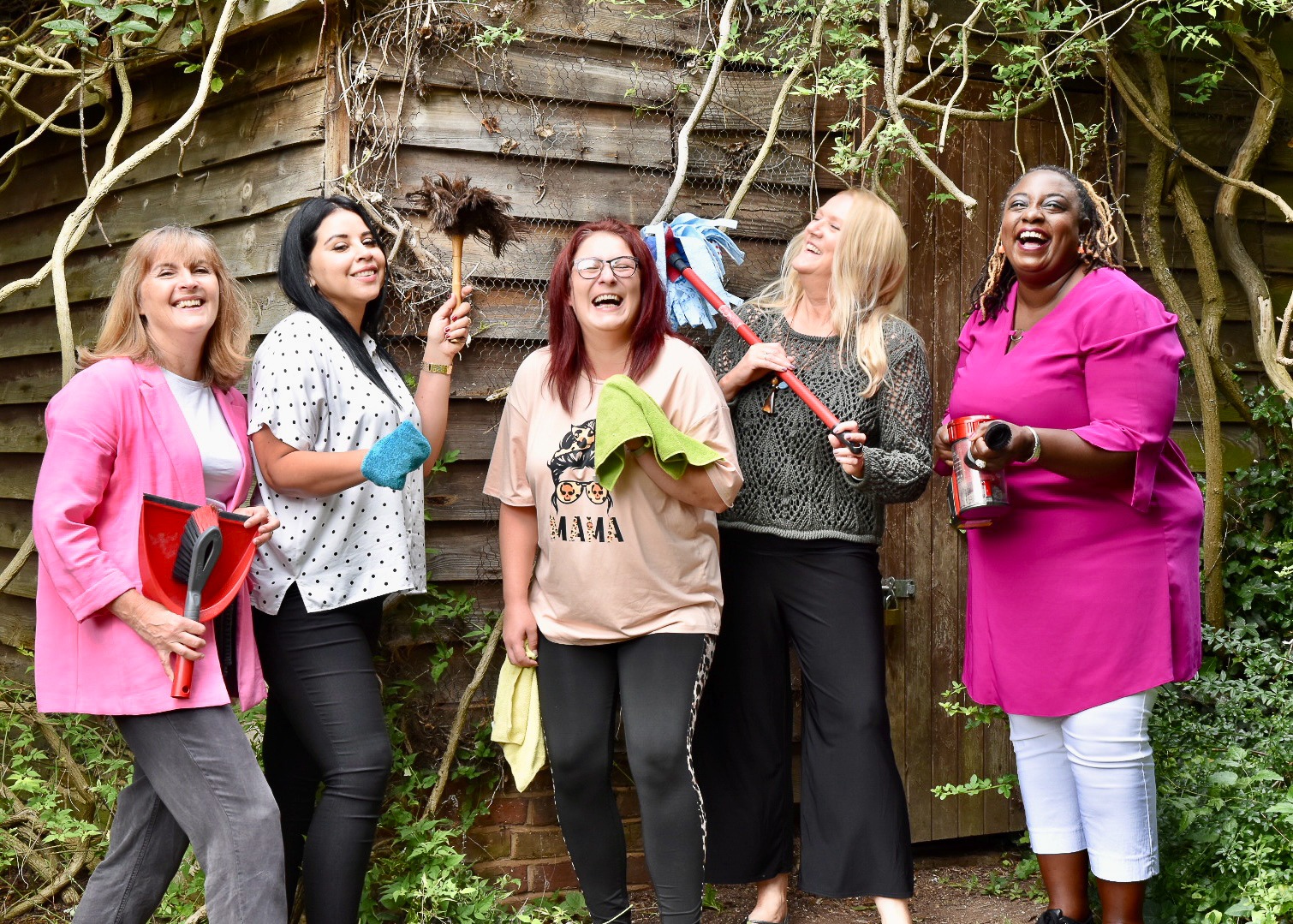It’s no surprise that woman are over-represented in the cleaning industry. After all, cleaning was traditionally viewed as “women’s work”.
And predictably, it’s often the women who actually have the mops in their hands. A BICS report found that 63% of “elementary positions” in the cleaning industry are filled by women. At the other end of the cleaning business hierarchy, 56% of managerial and senior positions, and 83% of professional roles are filled by men.
Why women clean
Research has documented the reasons for the high number of women in the cleaning industry. Cleaning is often flexible and part-time, so fits around family and caring responsibilities. In addition, the low pay and insecure working conditions can make cleaning less attractive to male workers if other choices are available to them.
Migrant workers also make up a larger share of the cleaning workforce, especially in our cities. Around 55% of people working in cleaning in London were born overseas. The barriers which can trap migrant workers in low-paid work are even more acute for women – barriers such as low language skills or a lack of UK recognised qualifications.
A chance for change
However, as we approach International Women’s Day, it’s possible to take a different view of this otherwise bleak picture. The cleaning industry does not have to be the means for trapping women in the dirty jobs. Our industry could be a vehicle for change, by leaning into our female focus.
Feminine principles in business
Given the opportunity, women out-perform men in business. A recent Forbes report stated “Women founders tend to build businesses that generate more revenues, create higher job growth, dream bigger, and execute better”. This is despite the disadvantages female entrepreneurs can face. Gender bias from funders often hinders women’s ability to attract investment for business growth.
The same report cited research which identifies the traits at the heart of female success in business. Female founders are less likely to be over-confident in their own abilities. While they are willing to take risks, they feel losses more acutely. Women operate with greater openness and are more likely foster collaboration. All of these are characteristics more common in successful businesses.
A female force for good
In addition, female-founded businesses are more likely to look outside of their profit margins when it comes to measuring success. Female founders want to make a difference and contribute to society, as well as make a profit. Businesses founded on feminine principles can be a force for good in their own industry, and in the world.
There is an adage in development circles that if you change a woman, you change a community. And that can be true in business too. As the late Anita Roddick said “I think all business practices would improve immeasurably if they were guided by ‘feminine’ principles”.
Cleaning industry leading the way
In our own industry, there are so many opportunities to apply these principles. By ensuring our cleaners receive the Living Wage, with decent and fair working conditions, we can make a real difference to the quality of life of our people. Through training and mentoring, we can create opportunities for women in lower paid roles to reach their full potential. And by collaborating and sharing good practice, we can lift up every business in our industry to the standards of the best.
So my hope for International Women’s Day is that women in the cleaning industry lead the way in creating kinder, more collaborative, and more successful businesses. And that other sectors sit up and take notice.

